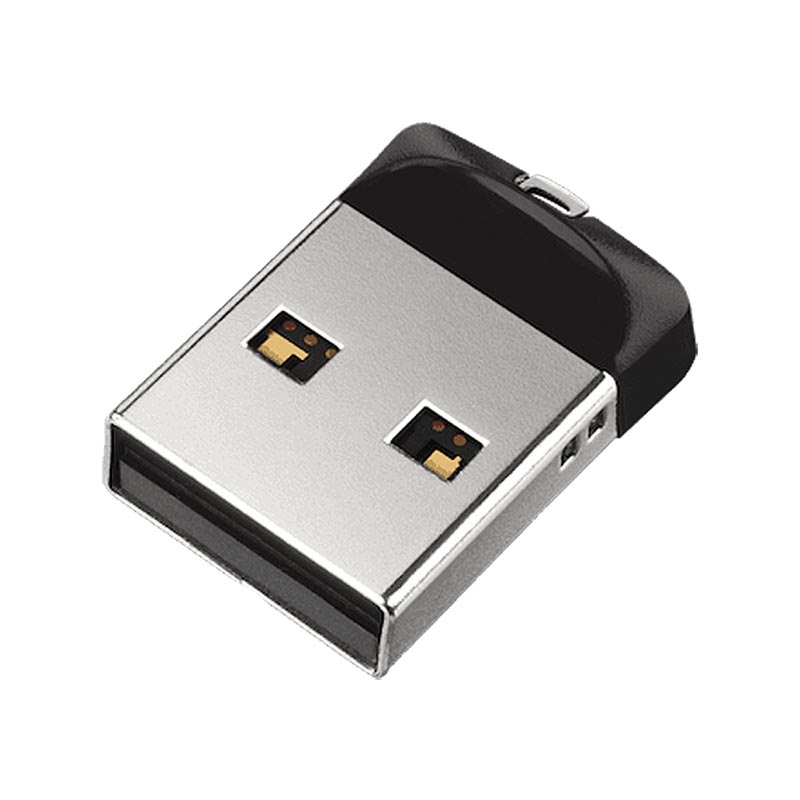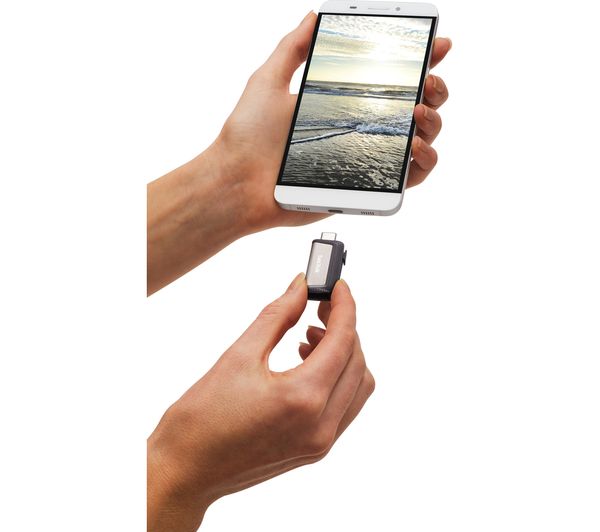

We’re even seeing a few 512GB drives creeping through, although here a USB SSD will give you more performance for around the same price. 64GB is probably the sweet spot, particularly if you’re not moving massive files around, but if you’re working with game files or video, or adding some extra storage space to a laptop, a 128GB or 256GB drive can be well worth the extra.

You’ll pay £5 to £8 more for a 64GB drive, and it’s really only once you get to 128GB and above that you start paying the big bucks. 8GB and 16GB drives still exist, but these days there’s precious little price difference between them and a 32GB drive.

When most of us buy a USB flash drive, we’re balancing price against capacity. Things only get expensive with the highest-capacity drives, but you can still find 256GB devices for between £30 and £50 without much effort. Shop online and you can pick up a 32GB USB 3.0 stick for well under £10, or double the capacity for just a fiver or so more. There’s an abundance of great options at every price point, and choosing a higher capacity, better performance or a particular physical design rarely costs much more than buying a basic device. Like SD and microSD cards, USB flash drives have become a commodity product.
#Usb c memory sticks how to#
Editor's pickīuy Now How to buy the best USB memory stick for you How much do they cost? Plug in one of today’s low-profile efforts and you can add 64GB for less than £15. Finally, USB flash drives are ideal for expanding the limited storage space you tend to get on budget laptops. Many TVs, media boxes and car stereos can play music or video files directly from a USB stick, and you’re less likely to lose one than you are an SD card.
#Usb c memory sticks full#
You wouldn’t want to use one for full PC backups, but they’re ideal for keeping a safe copy of important documents or photos, and you can stash them in a locked drawer or safe. Nor is this the only reason to keep a flash drive within arm’s reach. It’s quick, easy and reliable – and incredibly cheap to boot. There’s no faster way to move massive files than to plug a flash drive into one computer, copy the files across, then plug it into the other and reverse the process. While it’s more convenient to move data from one PC to another using the cloud, it’s not much fun doing it with 8GB or more of video files and photos. There’s an argument that USB flash drives (or memory sticks) are the best bargains in storage today.


 0 kommentar(er)
0 kommentar(er)
